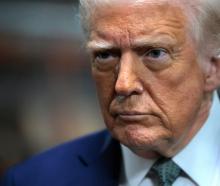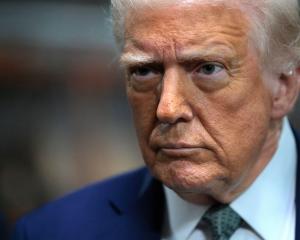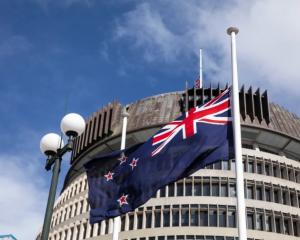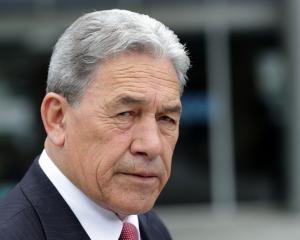The deadly beginnings of a potential civil war have erupted between two heavily armed factions in the Northeast African nation.
The future of Sudan now depends on co-ordinated efforts by all those with an interest in the geographically strategic, resource-rich country.
But not all of them would benefit from a peaceful, democratic Sudan.
Speaking on Global Insight, Prof Patman said several foreign entities have an interest or involvement in Sudan.
They include the the United States and Saudi Arabia, which have been trying to broker a truce between the Sudanese army and the paramilitary Rapid Support Forces; Russia, through the gold-mining activities of the semi-autonomous, paramilitary, Wagner Group; and, Sudan’s neighbours Egypt and Ethiopia.

So, as the death toll passes 500 and the number of injured climbs beyond 4000, those overseas parties might be the only ones with enough influence to prevent a fitful ceasefire giving way to full-blown civil war.
"The crucial question . . . is can this collection of external interested parties agree on a formula for peace?" Prof Patman asks.
His own response is that some will likely prioritise self-interest over united efforts to end the conflict.
"Clearly, for most civilians in Sudan, the best thing is an immediate end to the fighting.
"But whether that will correspond to the interests of all of the external parties . . . "
"[Some] may just assume they can get the outcome they want, as opposed to what is best for Sudan."


















